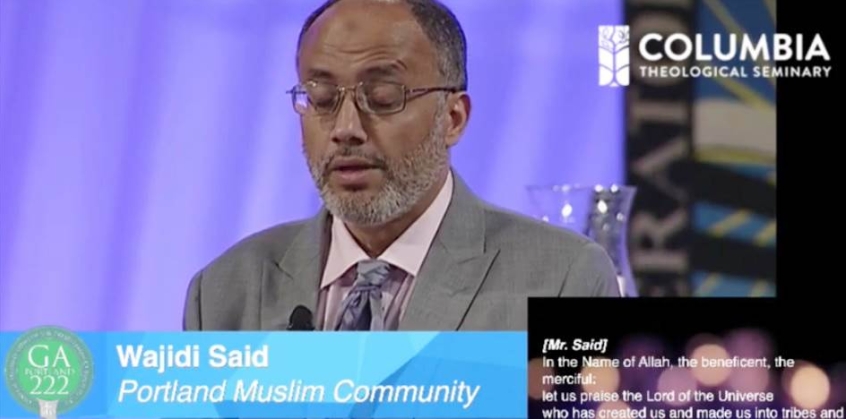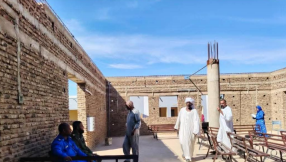
The Presbyterian Church U.S.A. (PCUSA) caused a stir after a Muslim prayer was recited at its General Assembly held last week in Portland, Oregon.
During the church's opening plenary session, Wajidi Said, co-founder of the Muslim Education Trust, led the attendees in a prayer to Allah that was arranged by the Ecumenical and Interfaith ministry staff.
"Allah bless us and bless our families and bless our Lord. Lead us on the straight path – the path of all prophets: Abraham, Ishmael, Isaac, Moses, Jesus, and Muhammad. Peace be upon them all, Amen," said Said, according to CBN News and Christian Daily.
Said said God "created us and made us into nations and tribes, from male and females that we may know each other, not that we might despise each other."
"Incline towards peace and justice and trust in God, for the Lord is one that hears and knows everything and the servants of God, the most compassionate, the most merciful, gracious are those who walk in the earth in humility and when bigots and hateful and Islamophobes address them, they say peace. Peace be upon them and peace be upon Allah," he added.
Days after the Muslim prayer, a protest letter was sent to the Stated Clerk written by a Korean Presbyterian and signed by 25 Assembly commissioners, according to The Layman and the blog of Mateen Elass.
Rev. Gradye Parsons apologised to those who were offended, saying that mistakes can happen but the prayer was not intentional.
"During the interfaith prayer service on Saturday in response to the killings in Charleston and Orlando, a prayer was offered that went beyond what had been scripted. It was an offense of the head, not of the heart; it came from one seeking to be authentically gracious, as part of the healing service," he said.
He said "some commissioners found it offensive."
"When in relationship with people of other faiths, sometimes we can inadvertently be offensive when meaning to be sensitive and ecumenical. It was never the intention of the one offering the prayer to offend any of us. Nevertheless, we offer an apology to all those who were offended," he added.













